Before traveling to a certain place, it is important to acknowledge some basic information about the health and safety in that destination. If Vietnam (Việt Nam) is your choice this vacation, then you should read on the whole article here as we will give you what you need to know about health and safety in Vietnam. Take a quick look!
I. Health Care In Vietnam
Health issues, or the general quality of medical facilities in Vietnam, vary significantly depending on the place you are staying in Vietnam. In big cities, there is generally not high risk of health issues. Besides, these cities also have good facilities, but those issues in rural areas are another matter.
Tourists tend to get anxious about contracting infectious diseases in this Southeast Asian country, yet serious ailments are rare. In fact, accidental injury, particularly traffic accidents tend to account for most of life-threatening issues. The following information and advice is just a general guide.
1. Before Your Trip
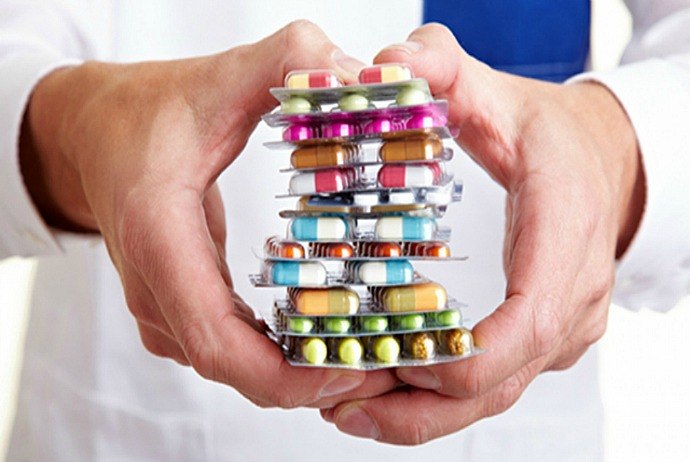
- Pack any necessary medications in labeled containers
- Have a letter from your doctor that describes your own medical conditions as well as medications.
- If you carry needles or syringes, then you should have a letter of a physician documenting the medical necessity.
- If you have a certain heart condition, then bring a copy of an up-to-date ECG.
- You should bring additional supplies of regular medications in case of theft or lost.
2. About Insurance
Even when you are healthy and fit, you should still not travel without health insurance. Who knows, accidents may happen. If your own health insurance does not cover you for medical expenses abroad, then you had better get extra insurance. Because emergency evacuation is rather expensive, so warrant that your policy already covers this.
3. Recommended Vaccinations
The single vaccination required by the international regulations is yellow fever. The proof of vaccination will just be required if you used to visit a country confirmed in the yellow-fever zone within a period of 60 days of entering Vietnam.
The majority of vaccines do not produce immunity till at last 3 weeks after these vaccines are given, so it is better to vita doctor about 4-8 weeks before your departure.
4. Required And Recommended Vaccinations
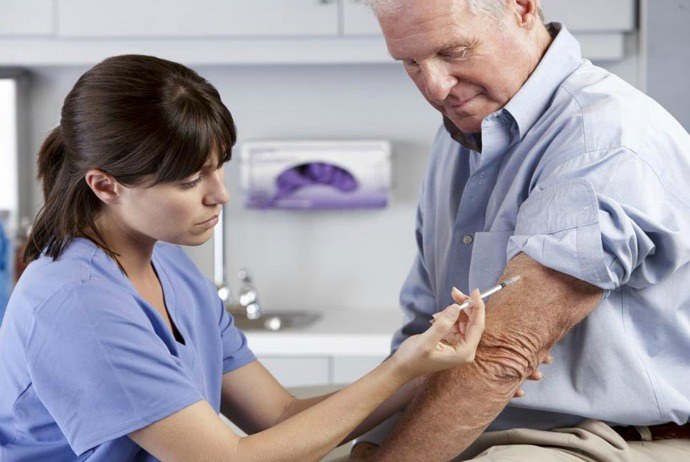
According to the World Health Organization (WHO), it is recommended for tourists to Southeast Asia to take the following vaccinations:
- Adult diphtheria & tetanus single booster is recommended if you have had none in the past 10 years.
- Hepatitis A: supplies nearly 100% protection for about 1 year. A booster after 12 months will supply at least another protection of 20 years.
- Hepatitis B: is considered as common routine for most tourists. Lifetime protection happens in 95% of population.
- Mumps, measles and rubella (MMR): just two doses of this vaccination are required if you do not have had those diseases. A lot of young adults tend to require a booster.
- Typhoid: it is recommended if your trip is over one week and just to developed cities. This vaccine offers about 70% protection and can last for 2-3 years.
- Varicella: discuss the vaccination with a doctor if you have not had chickenpox.
5. For Long-Term Travelers
For those long-term tourists (those travelling over 1 month or at special risk), the following vaccinations are highly recommended:
- Meningitis: single injection
- Japanese B encephalitis: 3 injections in all. After a couple of years, a booster in strongly recommended. A headache and sore arm may be the most common side effects reported.
- Rabies: 3 infections in all. After a year, a booster can supply a protection of 10 years.
- Tuberculosis: matures should carry out a TB skin test right after and before traveling, instead of the vaccination.
6. Common Diseases In Vietnam
- Travelers‘s Diarrhea

Diarrhea of travelers is among the most common problems impacting tourists – from 30%-50% of people will get it within two weeks of beginning their trip. In more than 80% of the cases, travelers’ diarrhea is caused by bacteria, and thus responds promptly to the treatment with antibiotics. Also, it could be provoked by a certain change in diet, and the sufferer’s stomach will settle down again after several days.
Treatment contains keeping hydrated or taking rehydration solutions. Loperamide is only a “stopper” and could not deal with the root cause of the problem. It is useful if you have to stay a long time on a bus ride, yet you should not take loperamide when having a fever or blood within your stools.
– Amoebic Dysentery
It is very rare in tourists. The symptoms of amoebic dysentery are rather similar to bacterial diarrhea, such as feeling unwell in general, fever, or bloody diarrhea. Treatment often involves two drugs metronidazole or tinidazole to kill the cysts and the second to kill the parasite.
– Giardiasis
Basically, giardia lamblia is a parasite relatively common in tourists. The symptoms are bloating, nausea, excessive gas, intermittent diarrhea, and fatigue. “Eggy” burps are usually attributed solely to giardiasis, yet they are not specific to this issue. When it comes to treatment, tinidazole is often recommended.
- Infectious Diseases
– Tuberculosis
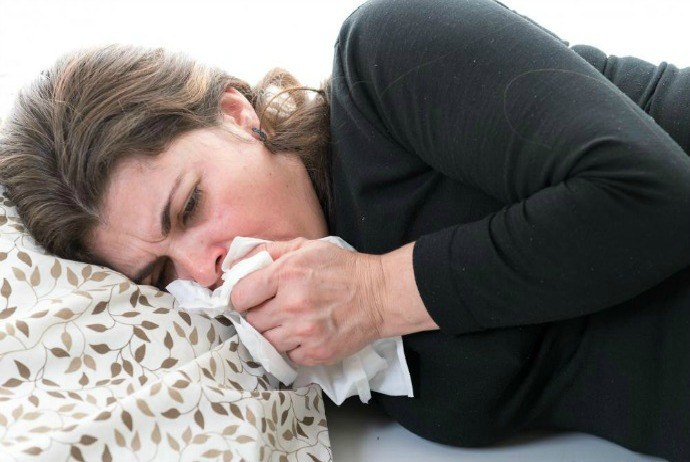
Also commonly known as TB, tuberculosis is rare in those short-term tourists. Aid and medical workers, and long-term travelers having significant contact with local populations had better take precautions. Vaccinations is often given to kids under age of 5, yet it is recommended that at-risk matures have TB test both before and after their trip. The major symptoms include cough, fever, night sweats, tiredness, and weight loss.
– Hepatitis B
This is the single sexually transmitted disease that could be prevented by vaccination. Hepatitis B is often spread by body fluids, such as sexual contact. In a few regions of Southeast Asia, about 20% of the local population are carriers of this disease, and often are not aware of it. As a consequence in the long run, it could trigger cirrhosis or liver cancer.
– Measles
In Vietnam, measles remains a common problem, including the big city like Hanoi. Measles often begin with a high fever along with rash yet could be complicated by brain disease and pneumonia. Up to now, there is no specific treatment.
– STDs
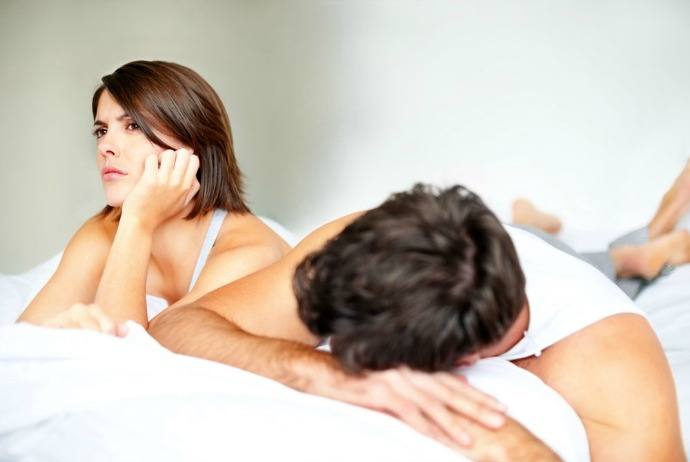
In Vietnam, condoms are widely available through the country. This is an effective method in preventing the spread of most STDs. Nonetheless, they might not guard against herpes or genital warts. If after having a sexual activity, you develop lumps, rash, discharge, or pain while passing urine, then you need to seek immediate medical help.
– Dengue
This disease is transported by mosquitoes and becomes more and more popular in Southeast Asia, including Vietnam. Each year, there are hundred thousands of people hospitalized with dengue hemorrhagic fever in Vietnam. However, the fatal cases are less than 0.3%. Because there is vaccine available for this disease, it could be only be prevented by reducing the risk of mosquito bites. The mosquito carrying dengue bites throughout daytime and nighttime, so make use of insect- avoidance measures continually. The symptoms are a severe headache, high fever, and body ache. Actually, dengue used to be known as “breakbone fever”. Some sufferers experience diarrhea or develop rashes. Until now, there is no specific treatment, just take paracetamol and rest – but do not take aspirin because it can increase the chance of hemorrhaging. Also, see a doctor to be properly diagnosed and monitored.
– Hepatitis A
This is a problem spreading out a large region. The water- and food-borne virus infects your liver, leading to jaundice (yellow eyes and skin), lethargy and nausea.
There is not specific treatment for this problem – you just need to let time for your affected liver to heal. All tourists to Vietnam should be vaccinated against hepatitis A.
– HIV
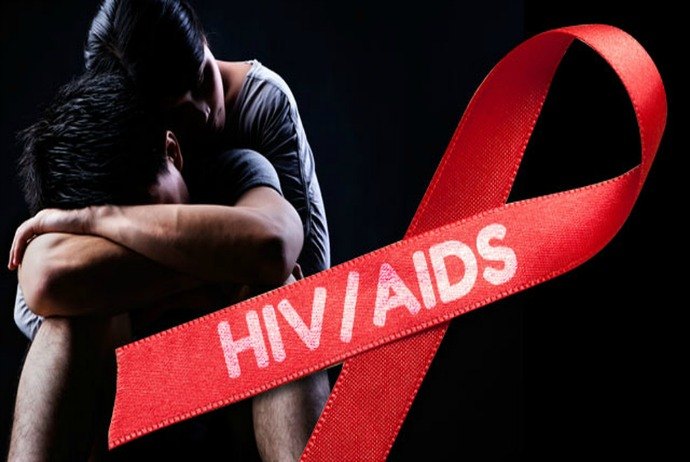
Despite the official figures in regard to the quantity of people having HIV / AIDS in Vietnam are not clear, they are on the rise. Education on health issues, particularly HIV/AIDS are easily visible countrywide and condoms are available widely throughout Vietnam.
– Malaria
For such a potentially deadly and serious disease like malaria, there is a large amount of misinformation concerning it. You had better get expert consultation about whether your upcoming trip can put you at risk. Different parts of Vietnam, especially resort and city areas, have very little or even no risk of malaria, such as Ho Chi Minh (Hồ Chí Minh) City, Danang (Đà Nẵng), and Nha Trang (Nha Trang). Nonetheless, for those rural areas, the risk of contracting this disease outweighs the risk of tablet secondary effects. Tourists to isolated regions in high-risk areas like Bac Lieu (Bạc Liêu) and Ca Mau (Cà Mau) provinces and the rural south might like to carry a treatment dose of medication for instant use in case symptoms happen. Keep in mind that malaria could be fatal. Before traveling, seek medical consultation on the proper medication as well as dosage for your case.
Malaria is resulted from a parasite transmitted by an infected mosquito’s bite. The most important signal of malaria is fever but general signs like diarrhea, headache, chills or cough might also happen. Diagnosis could be made by taking a blood sample.
Two methods should be combined to prevent malaria are anti-malarial medications and mosquito avoidance.
Other preventive measures for malaria:
- Opt for the accommodation with fans and screens (if not air-conditioned)
- Sleep under the mosquito net
- In those areas with high risks, impregnate clothing with permethrin.
- Spray your space with insect repellent before heading outside
- Use an insect repellent containing DEET on your exposed skin, especially the ankle area. Natural repellents like citronella could be efficient yet have to be applied frequently.
- Make use of mosquito coils
- Wear trousers and long sleeves in the light colors
There are some common malaria medications, which are Chloroquine & Paludrine, Doxycycline, Lariam (mefloquine), and Malarone.
– Rabies
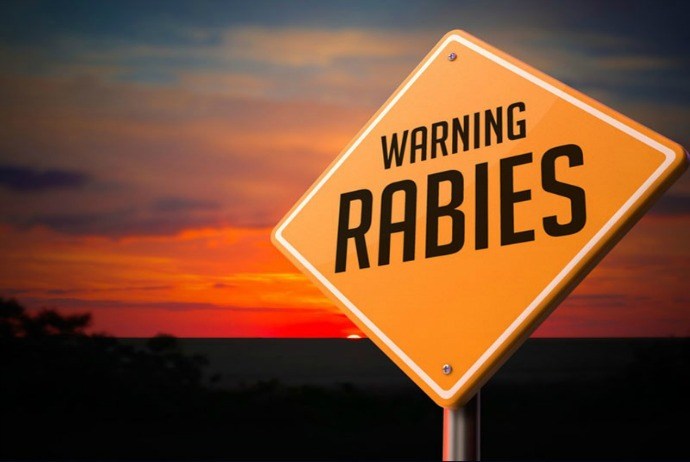
This disease is usually spread by the lick or bite of an infected animal, such as monkeys and dogs. You had better seek for medical consultation instantly after a certain animal bite and begin post-exposure treatment. If you have a pre-travel vaccination, then it means your post-bite treatment will be simplified. In case any animal bites you, you should wash your wound with clean water and soap, apply iodine-based antiseptic. You will need to receive rabies immunoglobulin as soon as possible if you are not vaccinated.
– Schistosomasis
Also known as bilharzia, schistosomiasis is a tiny parasite entering the skin after a person has been swimming in contaminated water. Perform a test 3 months after your exposure if you concern. Symptoms are fever and coughing. Schistosomiasis is treated easily with medications.
– Typhoid
This bacterial infection is serious and spread through water and food. It gives a slowly progressive high fever as well as headache. All travelers should take vaccination if staying more than one week in Vietnam or traveling outside of major cities. You should be aware that vaccination is not completely effective so you should be careful with what you drink and eat.
– Japanese B Encephalitis
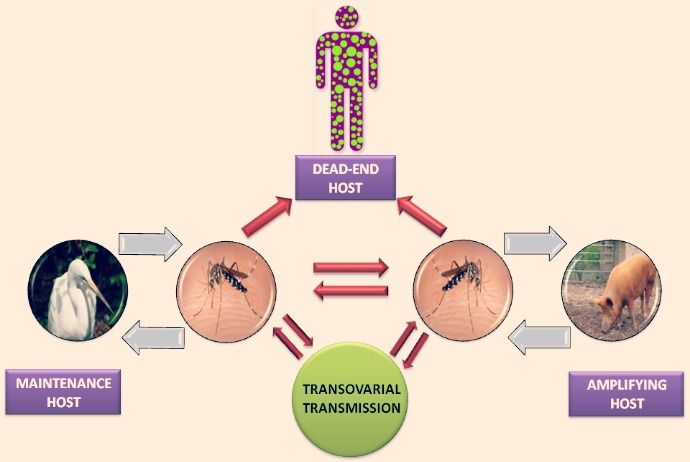
Being a viral disease, Japanese B encephalitis is commonly transmitted by mosquitoes. Travelers rarely suffer from it, but vaccination is still recommended for those who spend extended time in countryside or rural areas. Until now, there is no specific treatment. A third of infected individuals will die while another third will suffer from permanent damage related to brain.
– Typhus
Scrub typhus is usually spread through a mite while murine typhus is spread by the fleas on the rodents. However, travelers rarely get this disease. The symptoms include muscle pains, fever, and rashes. You could avoid such diseases by applying general insect-avoidance measures. Or, you can think of Doxycycline to prevent them.
– Bird Flu
The virus of bird flu threatens Vietnamese people from time to time. It happens in clusters, often among those poultry workers. It is rarely fatal for human beings. As the outbreaks occur, poultry and egg are banished from the menu in restaurants and hotels.
7. Availability And Cost Of Health Care Service
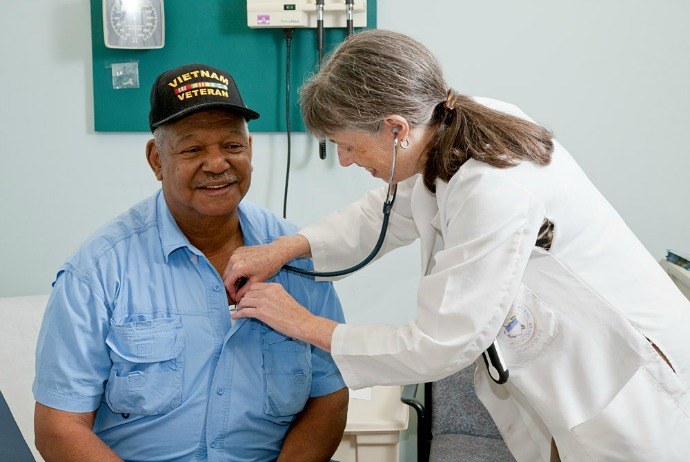
Public health care service in Vietnam has been improved thanks to the significant improvement in the economy of Vietnam. Nonetheless, in those remote areas, local clinics will just have fundamental supplies – if you become seriously ill in those regions, it is better to get to Hanoi (Hà Nội), Ho Chi Minh (Hồ Chí Minh) City, and Danang (Đà Nẵng) as soon as possible. For surgery or any other extensive treating method, you should not hesitate to fly Singapore, Hong Kong or Bangkok.
- Private Clinics
You should pay close attention to those private clinics as they are familiar with local resources and could organize evacuations if required. The best medical facilities – in Ho Chi Minh (Hồ Chí Minh) City, Hanoi (Hà Nội), and Danang (Đà Nẵng) – have good facility standards coming close to those in the developed countries.
- State Hospitals
Most are basic and overcrowded. To treat foreigners, a facility needs to have a special license, so that is why a few of state hospitals have been supplied.
- Self-Treatment
If your disease is not serious or minor, such as travelers’ diarrhea, this is your option. In case your problem is serious, particularly malaria, then do not waste your time. You need to go to the nearest quality facility in order to receive close attention.
Purchasing OTC medication is not recommended because fake medications along with poorly stored drugs are common. Remember to check expiry dates on your medicines.
8. Environmental Hazards And Others
- Heat
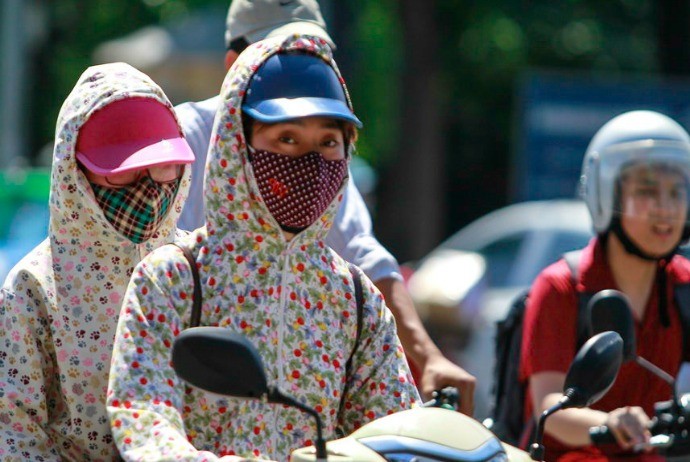
Many regions of Vietnam are humid and hot throughout the year. So, take it easy upon arriving the first time. Avoid excessive activity in the heat and dehydration while traveling. Drink rehydration solution and also consume salty food.
- Heat stroke: this serious problem is emergent with sudden symptoms, such as nausea, weakness, a temperature of more than 410C, confusion, dizziness, and finally collapse or loss of consciousness.
- Heat exhaustion: the symptoms of heat exhaustion include headaches, feeling weak, nausea, irritability, vomiting, a weak, fast pulse and sweaty skin. Cool down in the room with air-conditioning and properly rehydrated with water that contains ¼ teaspoon of salt per liter.
- Prickly heat: this is a common type of skin rashes in those tropical areas. This case, you should stay in air-conditioned place for several hours and have a cool bath.
- Air Pollution
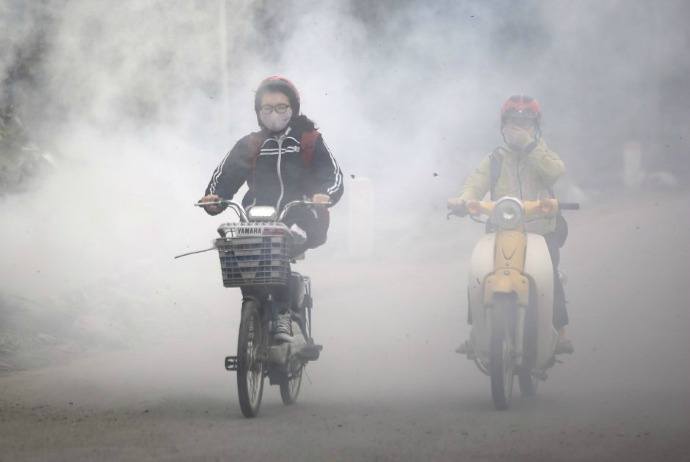
In major cities of Vietnam, air pollution, especially vehicle pollution is rather severe. If you suffer from respiratory problems, then you should consult your doctor before heading to travel.
- Food
Having meals in restaurants may be associated with risk factor for contracting travelers’ diarrhea. In order to avoid it, you should eat just freshly cooked food, and avoid buffets and shellfish. Remember to peel all fruits and stick to cooked veggies as much as possible. Choose busy restaurants with a relatively high turnover of clients.
- Stings And Bites
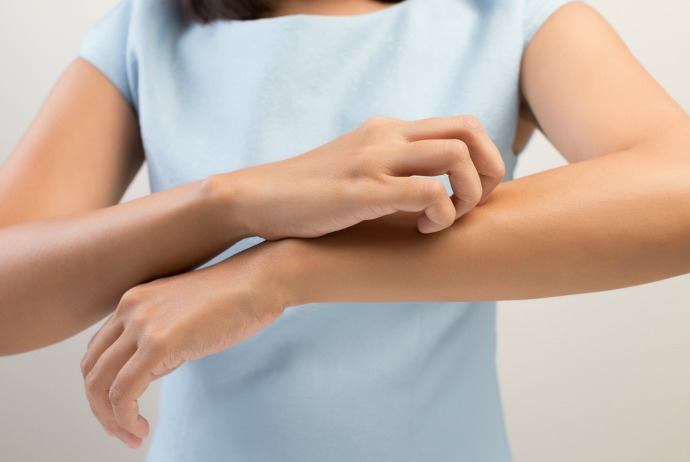
– Jellyfish: In the waters of Vietnam, it is not dangerous in general, just irritating. If you get irritated, then you can pour vinegar / urine onto your affected area. Consider taking painkillers and quickly seek medical help if you feel unwell in any way. Take advice if you suspect there are dangerous jellyfish around and remember to keep out of the water.
– Bedbugs: Despite they do not carry diseases, their bites are still itchy. Treat your itch with the antihistamine and move hotel.
– Leeches: They are found in the humid forest areas and do not transmit any ailment or disease yet their bites could be intensely itchy. Try to apply an iodine-based antiseptic to any leech bite in order to prevent infection.
– Snakes: Both harmless and poisonous snakes are popular in Vietnam, despite very few tourists are bothered by them. To minimize the risk of being bite by snakes, you should wear boots and avoid poking around those dead logs as well as wood upon hiking. In case you are bite by a snake, do not move and use an elastic bandage to firmly wrap around your affected limb, beginning at the bit spot and working up towards your chest. Yet, do not wrap the bandage too tight to prevent cut-off circulation. The toes or fingers should be kept free in order to check the circulation. Immobilize your limb with a splint and have a person to carry to medical service. Avoid using tourniquets or sucking the venom out. Antivenom is commonly available in big cities.
– Ticks: They are often contracted when you walk in those rural areas. If having a tick bite and also experiencing rashes at the site of biting, muscle aches or fever, then you should see a doctor. Make use of doxycycline to prevent tick-borne diseases.
- Skin Issues
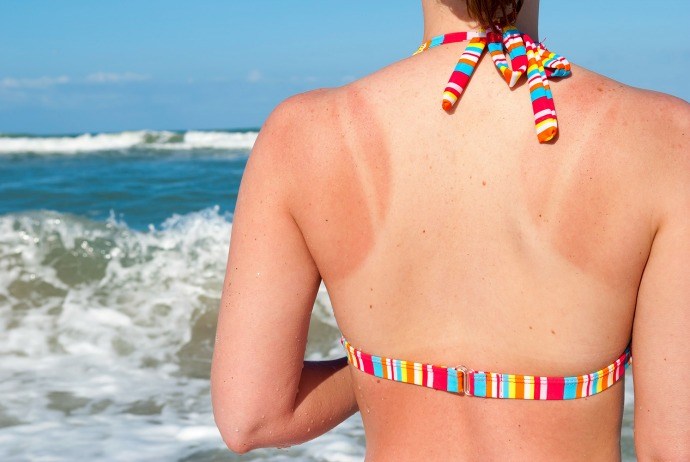
– Cuts and scratches: Scratches and minor cuts could become infected so easily in those humid climates. They might fail to heal due to the humidity. You should take meticulous care of your wounds. Besides, instantly wash in wounds in clean water before applying antiseptic.
– Fungal rashes: This problem is popular in humid climates. Normally, the moist areas getting less air, like the armpits and groin and between toes, are usually affected. Use an antifungal cream like Clotrimazole as a treatment. Or, consult a professional.
– Sunburn: Fact is, even on a day that seems cloudy, sunburn could happen quickly. So, you should always use a strong sunscreen with the SPF of at least 30. Besides, try to reapply sunscreen after having a swim. Don’t forget to wear a hat and avoid sun rays from 10 am to 2 pm.
9. Drinking Water
It is necessary to be careful of what you are drinking. In many areas of Vietnam, tap water is heavily chlorinated, particular in urban areas. Avoid it. Stick to bottled water which is sold out everywhere. In general, ice is safe in cities and resorts, and is usually added to coffee and beverages.
10. Women’s Health

The supply of sanitary products is always available in those urban areas. Options for birth control might be limited, so it is better for you to bring adequate stocks. Pregnant women should get specialized advice before starting out their travel. The proper time to travel is the second trimester, from the 16th week to 28th week, during which the risk of problems related to pregnancy is minimal. Some other advice includes:
- In rural areas: pregnant women should avoid remote areas with poor medical facilities and transportation.
- Travel insurance: if you are getting pregnant, then make sure you are well covered for pregnant-related possibilities, such as premature labor.
- Malaria: during pregnancy, none of the effective antimalarial drugs are entirely safe.
- Travelers’ diarrhea: a lot of diarrhea treatments aren’t recommended for pregnant women. The safe option is Azithromycin.
II. Safety In Vietnam
In general, Vietnam is a safe country for visitors, including women who travel alone. In fact, many travelers, especially Americans, are pleasantly surprised at the warm reception that international travelers receive. Threats of violence and fights are rarely here. That being said, Vietnam is a developing country with high level of poverty, so petty crime could be a problem, especially in large cities. As with anywhere else, you should warrant that your room is locked and in case you have valuable items, make sure that you keep them safely. You should walk around with the wallet or purse in your hand, or handbag hanging off the arm. Likewise keep expensive gadgets out of sight, not only for the risk of crime but out of respect for those people around who could not afford such luxuries.
In big cities like Hanoi (Hà Nội) and Ho Chi Minh (Hồ Chí Minh) City, you should be aware of bag snatching by those locals on motorbikes, so when walking around the streets, you should make sure that your backpack is on both shoulders or on one of your shoulder and the other diagonally across your body. Though crime is relatively rare, you should still take precautions when going out.
1. Petty Crime

As a traveler, you are an obvious target for potential thieves (who might include your fellow tourists): carry your passport, cheques and other valuables in the concealed money belt. Avoid letting any important thing in your room. A padlock and chain, or cable lock, comes in handy for windows and doors in the cheap hotels. It is useful for protecting your pack on buses and trains. Another tip about safety in Vietnam is to keep about $100 separate from the rest of cash, plus with photocopies of crucial documents like relevant pages of your passport (including the visa stamp), and policy details.
It is the best not to be ostentatious at streets. Don’t show off too much of your forego eye-catching jewelry or flashy watches. Be discreet upon taking out cashes, and be wary on public transport and in crowds. If your pack is placed on top of the bus, you had better attached it securely by tying down with ropes and keep your eye on it during vulnerable times – before your departure, at stops for meals and on arrival at the destination. If you travel on train, then you should either lock your pack (use cable type), or put it right under the bottom bench-seat or out of the public view. If you use a cyclo as a means for traveling, remember that upon riding in a cyclo, you are likely to be vulnerable to those moped-borne snatch-thieves. Also, do not wear expensive sunglasses or use top end cameras and try to keep a firm grip on bags. Nevertheless, in case you become a target of the thieves, then you should let go instead of risking being pulled into the high traffic or getting serious injury.
Maybe, the place that you are most likely to meet street crime is Ho Chi Minh (Hồ Chí Minh) City. This city has a bad reputation for pickpockets, bag-snatchers, and con artists. Even, you should also be aware of those innocent-looking children and grannies who might be acting as the decoys for thieves, particularly in the bar districts as well as other places that tourists often hangout. It is the best to not take a cyclo at night or walk alone at any time outside the district One and district Three.
Petty crimes, much of them prostitution- and drug- related, is a problem in Nha Trang (Nha Trang), where tourists had better watch out for their belongings all the time on the beach. Besides, be wary of taking a cyclo after the night falls down. Women should not walk alone at night. On the other hand, single males are a particular target for those “taxi girls” and many of them are doubt as thieves.
However, it is not necessary to get paranoid as the levels of crime in Vietnam are still not as fierce as those in Western countries, and the violent crime against travelers is very rare.
If you have anything stolen, you need to go to the nearest station of police to make a report to claim on your own insurance. Recruit a person who can speak English well to come along with you.
2. “Social Evils” And Serious Crime
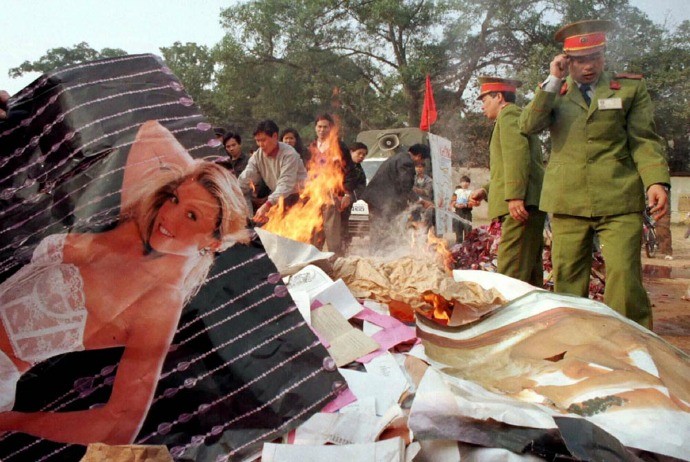
Since liberalization, the society of Vietnam has seen an incredibly increase in drugs and prostitution, such as hard drugs and more serious crimes. Those ones called “social evils” are viewed as a direct result of decreased control on society and ensuing Westernization. For a few years so far, the national police have imposed the rule of midnight closing on clubs and bar, majorly due to drugs, and also to take control of general rowdiness, despite you will find occasional bars keeping serving, especially around De Tham (Đề Thám) in Saigon (Sài Gòn).
Single Western men tend to be the targets of prostitutes in cheap seaside and provincial hotels, despite more popularly by females who cruise on motorbikes. Another thing to note when it comes to safety in Vietnam is that AIDS is a serious issue in Vietnam, despite the epidemic has gained signs of stabilizing.
Remember that doing anything with drugs or other illegal items is unwise. There is a fair amount of drugs which are sold on the streets of Sai Gon (Sài Gòn), Hanoi (Hà Nội), Nha Trang (Nha Trang) and Sapa (Sa Pa) at night. Being jailed or fines are imposed for those lesser offences, whilst the death penalty is often imposed for trading / smuggling / possessing larger quantities of drugs.
3. Military And Political Hazards
It is not surprising that Vietnamese authorities are rather sensitive about the military installations as well as strategic areas, such as military camps, border areas, bridges, naval dockyards, airports and train stations as well. Those who take photos in the nearby areas of such sites will risk having their memory card removed from the camera or simply being fined.
Unexploded ordnance left from past war still comes with a threat in a few areas. Maybe the most acute problem is in the Demilitarized Zone, where a number of farmers, children or scrap-metal scavengers are injured or killed annually. Wherever you stay in, stick to well-trodden paths, do not risk touching any half-buried chunks of metals or shells.
4. Hassle, Scams And Beggars
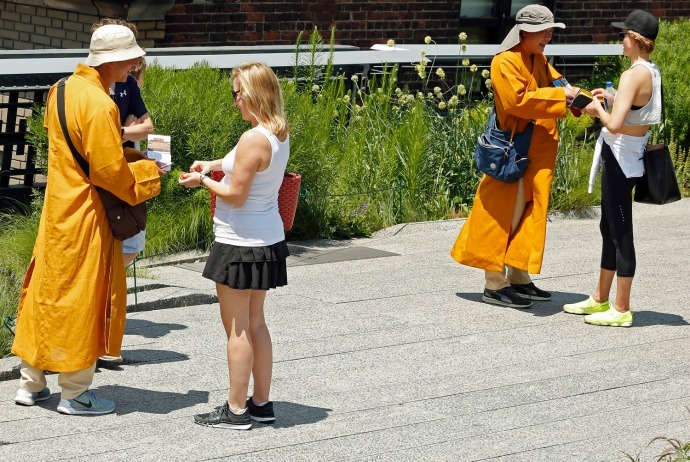
There are surprising amount of beggars around in Vietnam. Most people are really trying hard to earn a living, and a lot of day-tours include a visit to a farm or factory that recruits disabled people to produce local products or handicrafts.
At various tourist spots, you might well be swamped by a gaggle of teenagers or children selling fruits, cold drinks and chewing gum. Despite sometimes they could be a little bit overwhelming, they can become excellent tour guides for your trip, in which case it is just fair that you purchase something from them in return.
In regard to scams, a common scam among those taxi drivers is telling new arrivals in a city that the hotel they ask for is recently closed and has just changed its name or has moved. Instead, they will head for a hotel which pays commission for them. This might work out fine, yet more usually than not it is a substandard hotel and you may pay over the odds as the room cost will include the commission of the driver. In order to avoid getting ripped off, you should insist on being taken to the precise address of the hotel you opt for.
Another common complaint is that some organized tours do not follow what was promised. Maybe, there are more people on the tour than promised, for instance, or the room does not have air-conditioning or the English of the tour guide is limited. In case it is a group tour and you have paid in advance, then what you could do is just complaining to the agent on the service. You might be lucky and get a certain amount of money as compensation, yet it is unlikely. Always, you tend to receive what you pay for, so it is better to avoid sign up for such dirt-cheap tours.
5. Female Travelers

In general, Vietnam is a safe country for females to travel alone. The majority of Vietnamese will just simply curious as to why you travel alone and the chances of encountering threatening behaviors are very rare. However, you should still take precautions if going out at night when there are few locals and tourists on the streets and you had better avoid taking a cyclo by yourself. Go for a taxi instead – metered taxies are considered safest.
Most Vietnamese females dress modestly; they keep covered from their head to toe, if their professional does not require them to show off assets. Dressing modestly can help you avoid being considered as an invitation to paid sex by men. In Vietnam, topless sunbathing is an absolute no-no, even beside the hotel pool.
6. Driving And Traffic
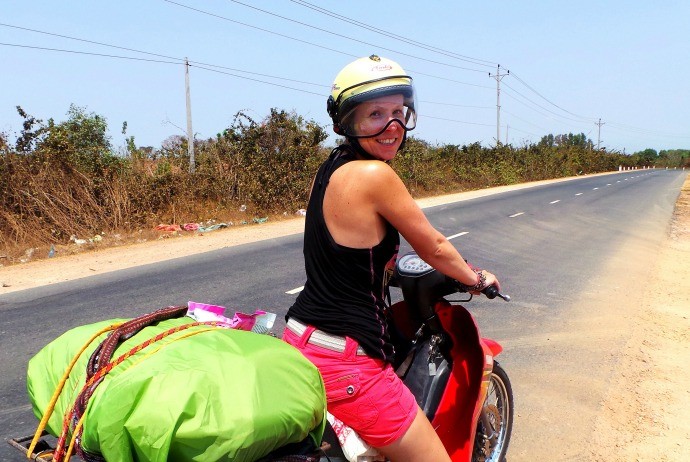
Generally, the roads in Vietnam, particularly in busy cities like Hanoi (Hà Nội) and Ho Chi Minh (Hồ Chí Minh) City are dangerous, and the quantity of fatal accidents is very alarming. The style of driving in Vietnam is different to that of the USA or Europe, and it is not recommended for short-term travelers to drive a certain vehicle on the road of Vietnam as it is almost impossible to adapt to the driving techniques of the locals in just a few weeks.
While driving motorbikes, helmets are required by law and it will be very foolish to travel without it. A large number of the deaths in this country are from brain injuries because of riders either not wearing a helmet properly (the straps are not done up) or not wearing it at all.
Those pedestrians are reasonably safe yet should be aware that motorbikes may mount the pavement and sometimes travel the wrong way down the street, driving on both right and left sides of the road. Hence, make sure that you look around you when walking down the streets or before crossing the road.
All in all, Vietnam is a safe country to travel in nowadays. The local police keep a rather tight grip on social order and there are rare reports about muggings, sexual assaults, or robberies. Of course, there are scams and hassles in some cities as mentioned above, but maybe the most important thing you could do is to be additional careful if you travel on two wheels on Vietnam’s anarchic roads – the accidents related to traffic are woeful and standards of driving are rather appalling.













